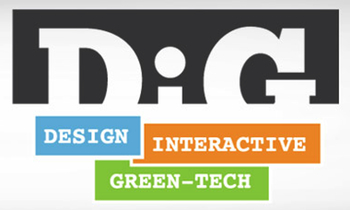 Monday night’s discussion about freelancing in a globalised marketplace went rather well, I think, so I’ve decided to post the full audio.
Monday night’s discussion about freelancing in a globalised marketplace went rather well, I think, so I’ve decided to post the full audio.
The event was organised by Publish! Blue Mountains, and as I said previously the title was “Surviving and thriving as a freelancer in a globalised market”.
Radical changes will hit a freelancer’s world over the next two years or so as we move to a globalised marketplace. Firstly there is the rapid rise of internet-enabled outsourcing through sites like Freelancer.com, allowing projects to be advertised globally and often awarded to the lowest bidder who may be in a country where $10 is a decent day’s wage.
Secondly, increasingly sophisticated and intelligent automated systems are now taking over many tasks that historically required human creative input. Just in the writing field alone, we already have US college sports coverage written completely by computer.
Where will this technology (and the marketplace driving it) take us? And what can we creatives do to ensure we’re not replaced by cut-price doppelgangers and robo-scribes?
Naturally things like Freelancer.com and Amazon’s Mechanical Turk (named after the original chess-playing robot hoax) and even 99designs came up.
We also drifted into the idea that Australians are the most spoiled people on the planet and we’re too used to our expensive lifestyles. Yet we also recognised that the Australian character provides something that’s worth paying for. And I threw in the idea that we shouldn’t try to imitate Silicon Valley because that was a unique collision of US defence money with Californian counterculture.
Other things mentioned were Seth Godin’s book Linchpin (others recommended him, but truth be told I’m not a fan myself), and my rant about crowdsourcing.
While some of it sounded a tad depressing, I think it ended up being quite positive. Either way, it was fun.
Here’s the full audio, starting off with the voice of Publish! Blue Mountains chairman Steve Krinks.
Podcast: Play in new window | Download (29.5MB)
If you notice anything particularly fascinating while listening, do feel free to add it into the comments.
This audio is ©2012 Stilgherrian, since I recorded it and, heck, I led the discussion. But if you want to use this anywhere do feel free to ask because I’m usually quite generous in such matters.
 This coming Wednesday I’m catching the Shitkansen north from Sydney to Newcastle for the inaugural DiG Festival and Conference: digital plus interactive plus green technology.
This coming Wednesday I’m catching the Shitkansen north from Sydney to Newcastle for the inaugural DiG Festival and Conference: digital plus interactive plus green technology.


